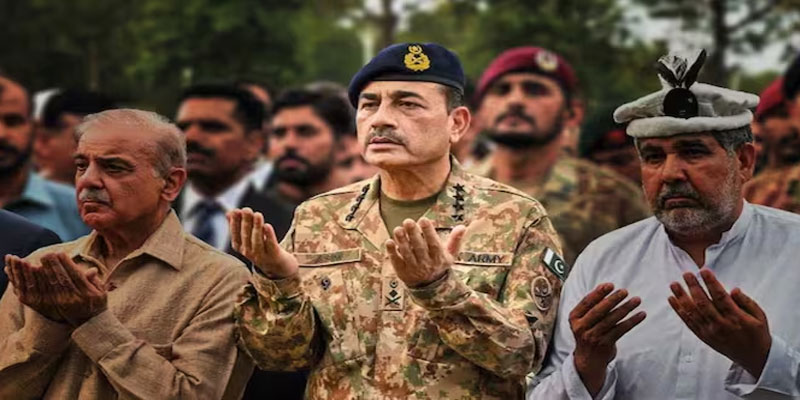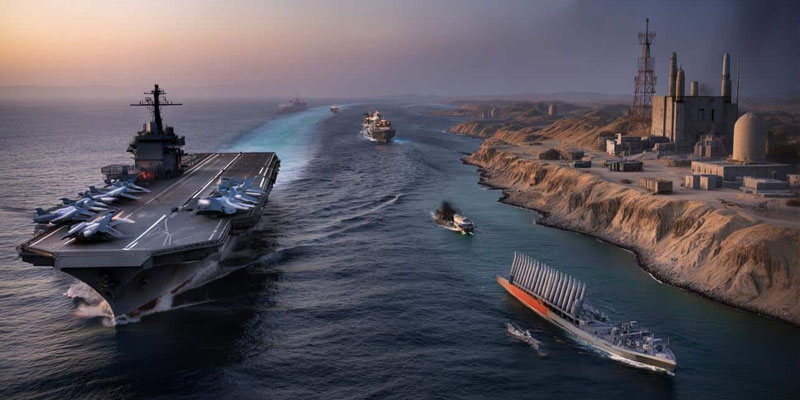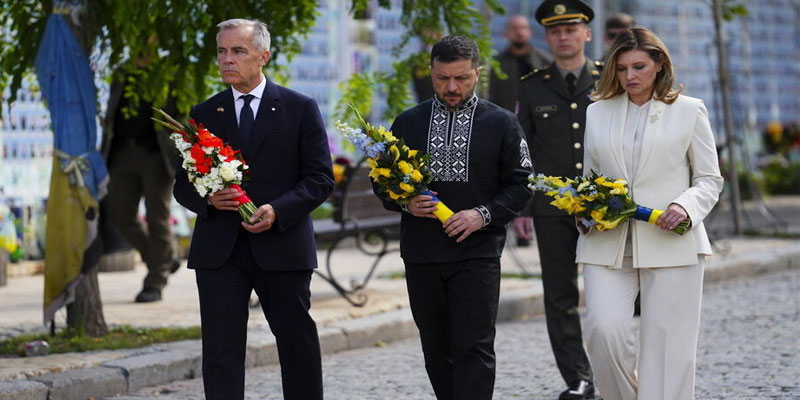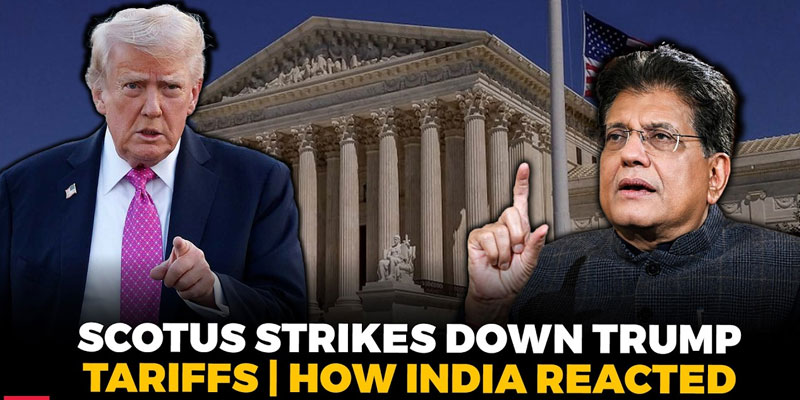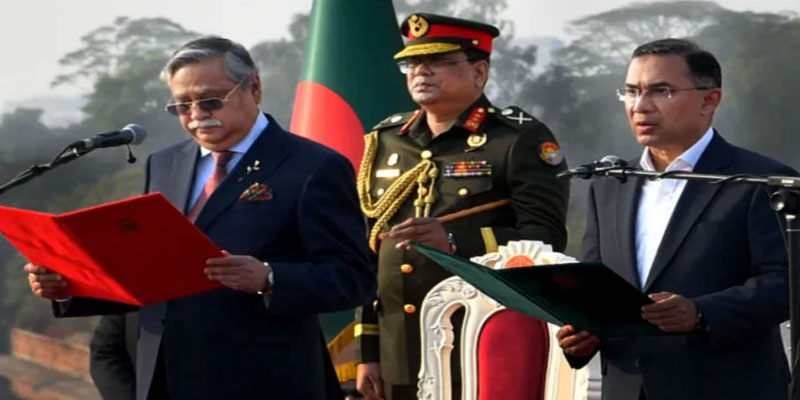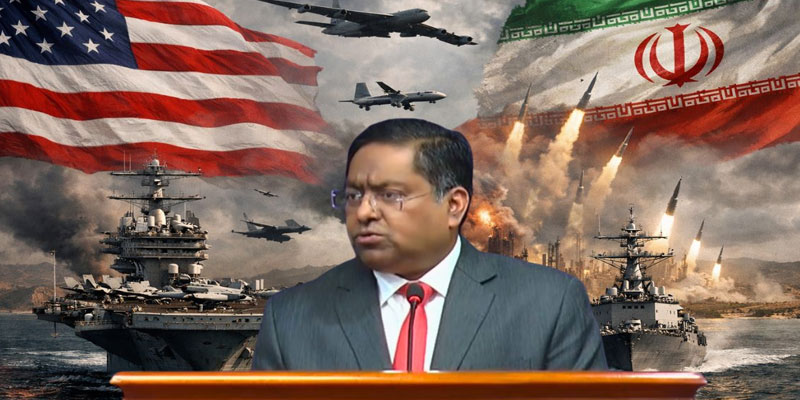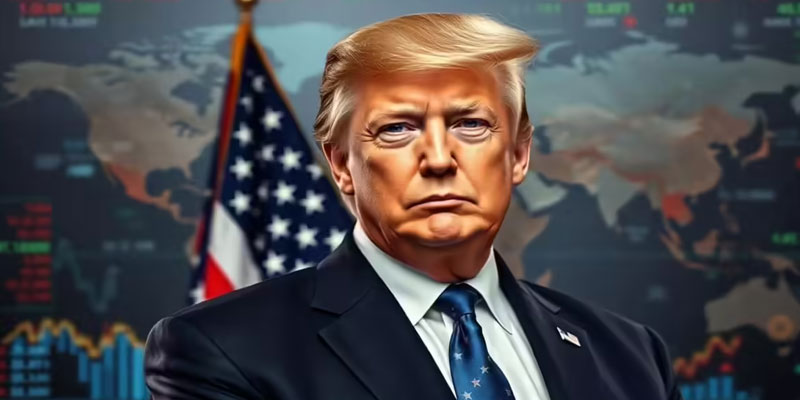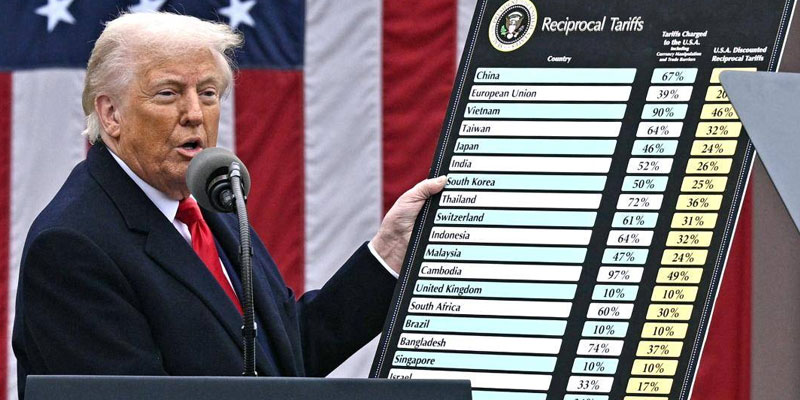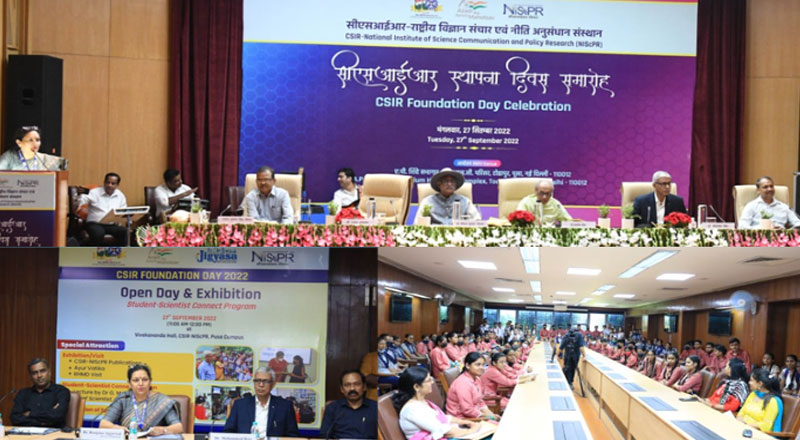US Invites Pakistan Army Chief Asim Munir for Army Day; Munir Heads to Washington
Pakistan's Chief of Army Staff, General Syed Asim Munir—now elevated to Field Marshal—has been formally invited to attend the 250th anniversary of the US Army in Washington on June 14, an event that also coincides with President Donald Trump’s 79th birthday.
While symbolically important, Munir’s presence in Washington is more than ceremonial. He arrives at a time of growing regional insecurity, and his agenda is packed with high-stakes military and diplomatic ambitions. Top of the list: securing deeper US security cooperation to combat the Islamic State – Khorasan Province (ISKP), the terror outfit gaining ground across Afghanistan and Pakistan.
Strategic Goals: What Munir Wants from Washington
Munir’s core objective is to gain US backing—both intelligence and operational support—against ISKP, which has recently expanded its activities in Pakistan’s north western regions. Pakistani intelligence officials believe ISKP poses a growing threat to national stability and could exploit the Taliban’s fluctuating control in neighboring Afghanistan.
Equally critical is Islamabad’s push for American diplomatic leverage over India, especially on the Indus Waters Treaty—a historic water-sharing agreement that India suspended in April following the Pahalgam massacre, in which 26 civilians were killed by terrorists allegedly linked to Pakistan-based groups.
Additionally, Munir is expected to lobby for a zero-tariff bilateral trade deal and push forward Pakistan’s pitch for foreign investment in minerals and agriculture via the newly formed Special Investment Facilitation Council (SIFC)—an economic initiative directly backed by the Pakistani military.
Political Tensions Follow Munir Abroad: PTI Protest Plans
Back home, Munir’s visit has stirred controversy. Imran Khan’s Pakistan Tehreek-e-Insaf (PTI) party has announced a protest in Washington to coincide with his arrival. The PTI blames Munir for the crackdown on its leadership and the alleged "hijacking" of Pakistan’s democratic process.
“Preparing for a massive protest in Washington DC at the arrival of the Islamabad assassin Asim Munir,” said Sajjad Burki, PTI USA’s Secretary for Overseas Affairs, in a statement. Flyers and pamphlets calling Munir a “symbol of tyranny” are being distributed in Pakistani-American communities across the capital.
Burki further warned the Trump administration not to legitimize deals with Pakistan’s current military-backed government, claiming such engagements ignore the democratic will of the people.
Parallel Trade Talks: Islamabad Sends Delegation to Resolve Tariff Dispute
Coinciding with Munir’s visit, a senior Pakistani trade delegation led by Commerce Secretary Jawad Paul will also be in Washington to negotiate US-imposed tariffs and address economic imbalances.
The delegation includes representatives from Pakistan’s Federal Board of Revenue, energy, and IT sectors. They are scheduled to meet US officials at the Office of the United States Trade Representative, focusing on tariff revisions and sectoral trade cooperation.
This dual-track engagement—military and economic—highlights Pakistan’s attempt to reset ties with Washington across multiple fronts, from security to trade.
India Watches Closely: Strategic Repercussions
New Delhi has yet to officially respond to Munir’s US trip, but officials in India are expected to view the visit with skepticism. Any renewed military partnership between Washington and Islamabad, especially one aimed at pressuring India diplomatically, could stir friction in Indo-US relations—currently bolstered by defense and technological collaboration.
Analysts warn that Islamabad’s efforts to involve the US in regional disputes may backfire, given Washington’s stated preference for bilateral India-Pakistan engagement without third-party mediation.
A Visit Loaded with Opportunity—and Risk
General Munir’s US visit is more than just a celebration of military camaraderie—it’s a calculated diplomatic maneuver in a volatile geopolitical landscape. While Islamabad seeks strategic concessions, trade relief, and security collaboration, Washington must weigh the risks of deepening ties with a military establishment at odds with its own democratic values.
Whether Munir returns with promises or platitudes, the outcome will shape South Asia’s strategic calculus in the months to come.
The delegation will be led by Commerce Secretary Jawad Paul and includes senior Federal Board of Revenue officials and representatives of the energy and information technology sectors. They will hold meetings with their US counterparts at the Office of the United States Trade Representative, focusing on trade imbalances, tariff adjustments, and sectoral cooperation, the Dawn report said
(With agency inputs)


